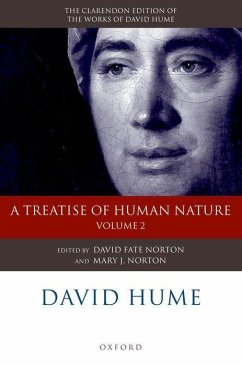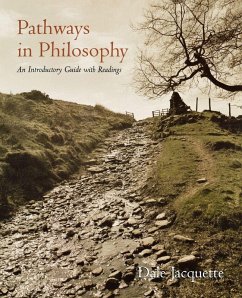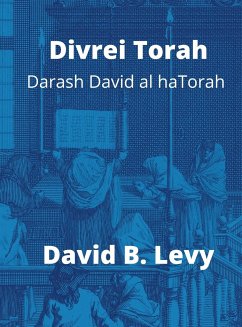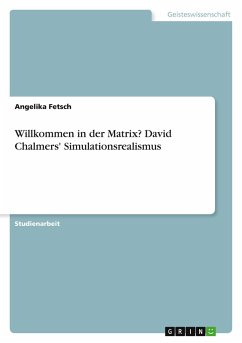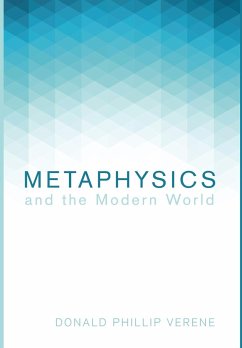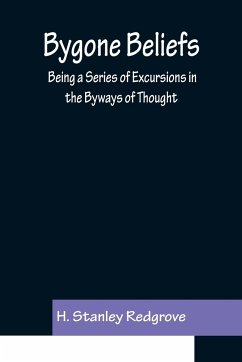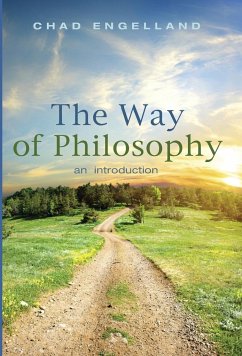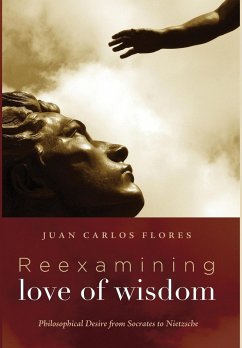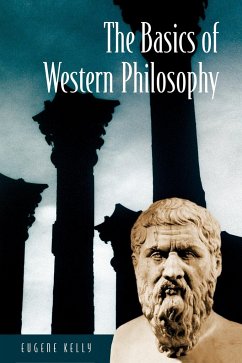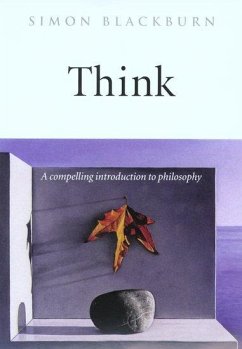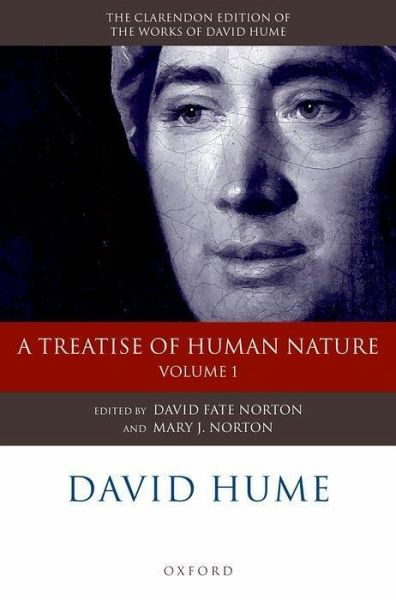
David Hume, Volume 1
A Treatise of Human Nature: Texts
Herausgeber: Fate Norton, David; Norton, Mary J.
Versandkostenfrei!
Versandfertig in 1-2 Wochen
156,99 €
inkl. MwSt.

PAYBACK Punkte
78 °P sammeln!
David and Mary Norton present the definitive scholarly edition of one of the greatest philosophical works ever written. This first volume contains the critical text of David Hume's Treatise of Human Nature (1739/40), followed by the short Abstract (1740) in which Hume set out the key arguments of the larger work; the volume concludes with A Letter from a Gentleman to his Friend in Edinburgh (1745), Hume's defence of the Treatise
when it was under attack from ministers seeking to prevent Hume's appointment as Professor of Moral Philosophy at the University of Edinburgh.
when it was under attack from ministers seeking to prevent Hume's appointment as Professor of Moral Philosophy at the University of Edinburgh.





